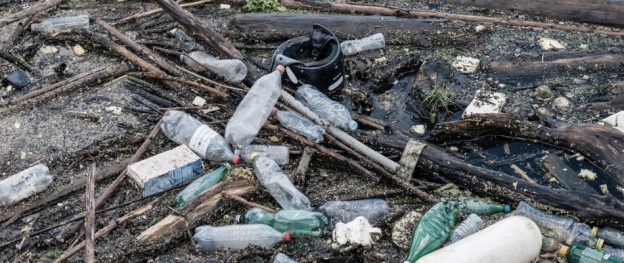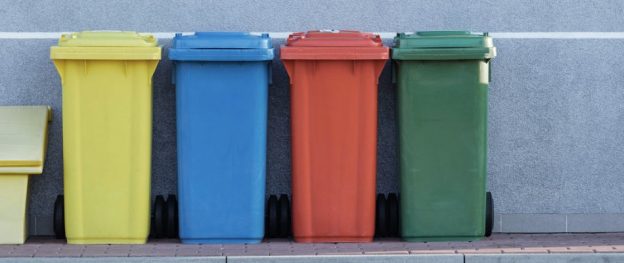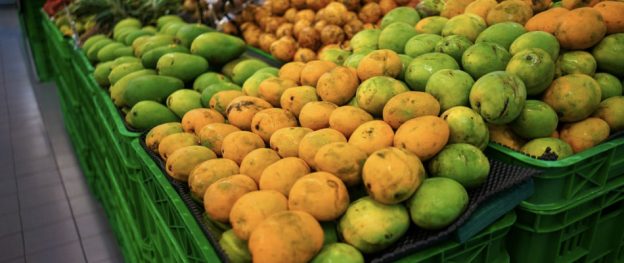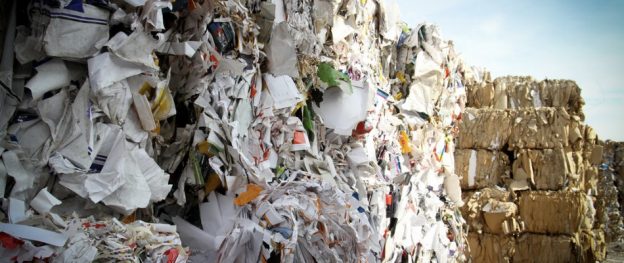For the first time, The Coca-Cola Company disclosed its total plastic footprint. It revealed that in 2018 it used three million tonnes globally.
This included data on both virgin and recycled plastics use in a single year. A further 35 corporations, including Colgate Palmolive, SC Johnson and Unilever, published similar information in the Ellen MacArthur Foundation report on New Plastics Economy Global Commitment (spring 2019).
Although the report only provides a snapshot into our use of plastics, from a limited number of companies, it does highlight the sheer volume that is used annually on global scale: and emphasises our need to cut back, recycle or reuse more of the product. Indeed, the impact of disclosing this information has resulted in many companies committing to increase the recycled content in their packaging, to end single-use plastic straws and carrier bags, and to increase their reuse and refill schemes.
The Ellen MacArthur Foundation, a strong advocate for the circular economy (whereby materials can be reused and recycled, powered by renewable energy), has welcomed these efforts but calls for more action to eliminate unnecessary plastic packaging. As the first target within the vision statement states, companies should commit to the “elimination of problematic or unnecessary plastic packaging through redesign, innovation, and new delivery models is a priority”. Thus, to reduce their plastic footprint, companies need to move towards reuse delivery models that reduce the need for single-use packaging.
At Vesta, we agree that more needs to be done: and we believe that we can provide the necessary, radical overhaul required to address the logistical side of reusable plastic. We believe that with stronger and lasting incentives, that don’t just rely on consumers’ willingness to lower their environmental impact, is the way forward. The Ellen MacArthur Foundation report, and the commitment made by the signatories herein, is a positive step in the right direction: and we can help companies act on those commitments.
Coca-Cola admits it produces 3m tonnes of plastic packaging a year
Coca-Cola admits it produces 3m tonnes of plastic packaging a year
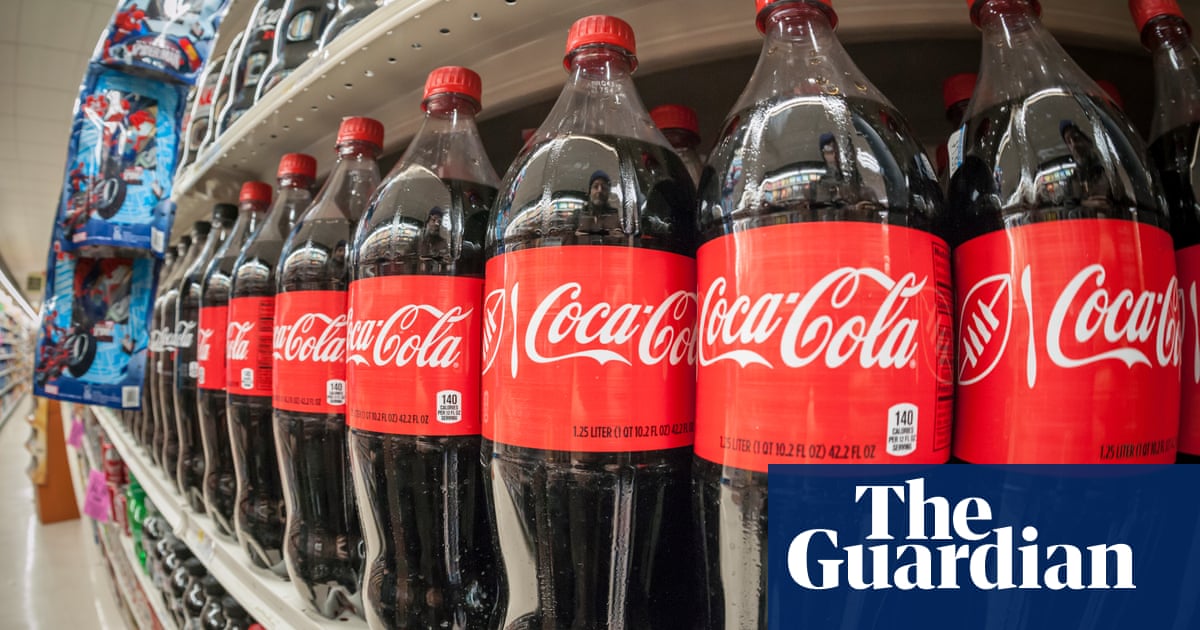
Revelation comes as report calls on global firms to end secrecy over plastic footprint
